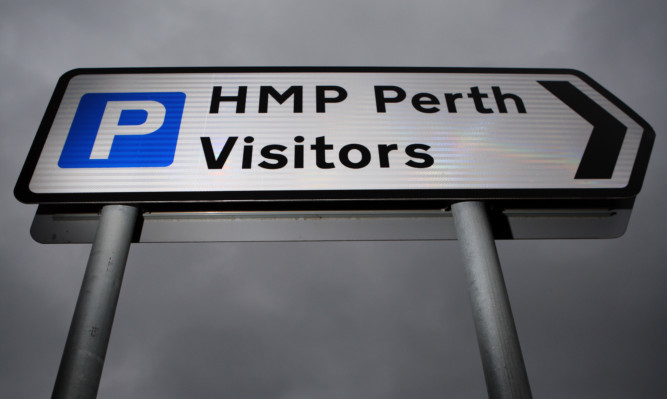A charity that works on behalf of families affected by imprisonment has come to the defence of a scheme that helps pay for jail visits.
The Taxpayers’ Alliance last week hit out at the fund administered by the Assisted Prison Visits Unit (APVU) which helps people on benefits or on low incomes cover some of the cost of travelling to and from prison once every fortnight.
However, Families Outside defended the fund, claiming prisoners’ families are an “easy target”.
The charity’s chief executive, Professor Nancy Loucks, said family members tend not to speak up about the devastating effect of having a loved one in prison.
“The families are not guilty,” she said.
“Children and families of prisoners suffer the consequences of someone else’s behaviour. We are literally punishing the innocent.
“Indeed, children and families of prisoners are often targeted and blamed for an offence as though they are the guilty ones.
“About half of prisoners lose contact with their families as a direct result of going to prison. Difficulties for families in travel and transport to prison, and the cost of this, is a major reason for this loss of contact.”
Professor Loucks said prisoners who maintain contact with their families while in prison re-offend up to six times less than those who do not.
“Family contact literally reduces crime,” she said. “What we all want is to prevent someone from becoming the next victim.”
Funding from APVU only covers the cost of two visits a month but Professor Loucks said prisoners on remand are actually entitled to daily visits.
“The fund covers a fraction of their visits entitlement,” she said.
The professor said children have the right to contact with their parents unless it is not in their best interest and said maintaining contact is vital in supporting prisoners.
“In the vast majority of cases we work with children who want to stay in touch with their parents in prison but often find it difficult to do so,” she said.
“Parents in prison are not automatically bad parents any more than those outside are automatically good ones.
“Scotland’s National Parenting Strategy highlights parents in prison as needing extra support to fulfil their role as parents. The APVU is a very small part of that.
“Family contact is our greatest asset in preventing offending and re-offending supporting this contact where appropriate is worth every penny.”
